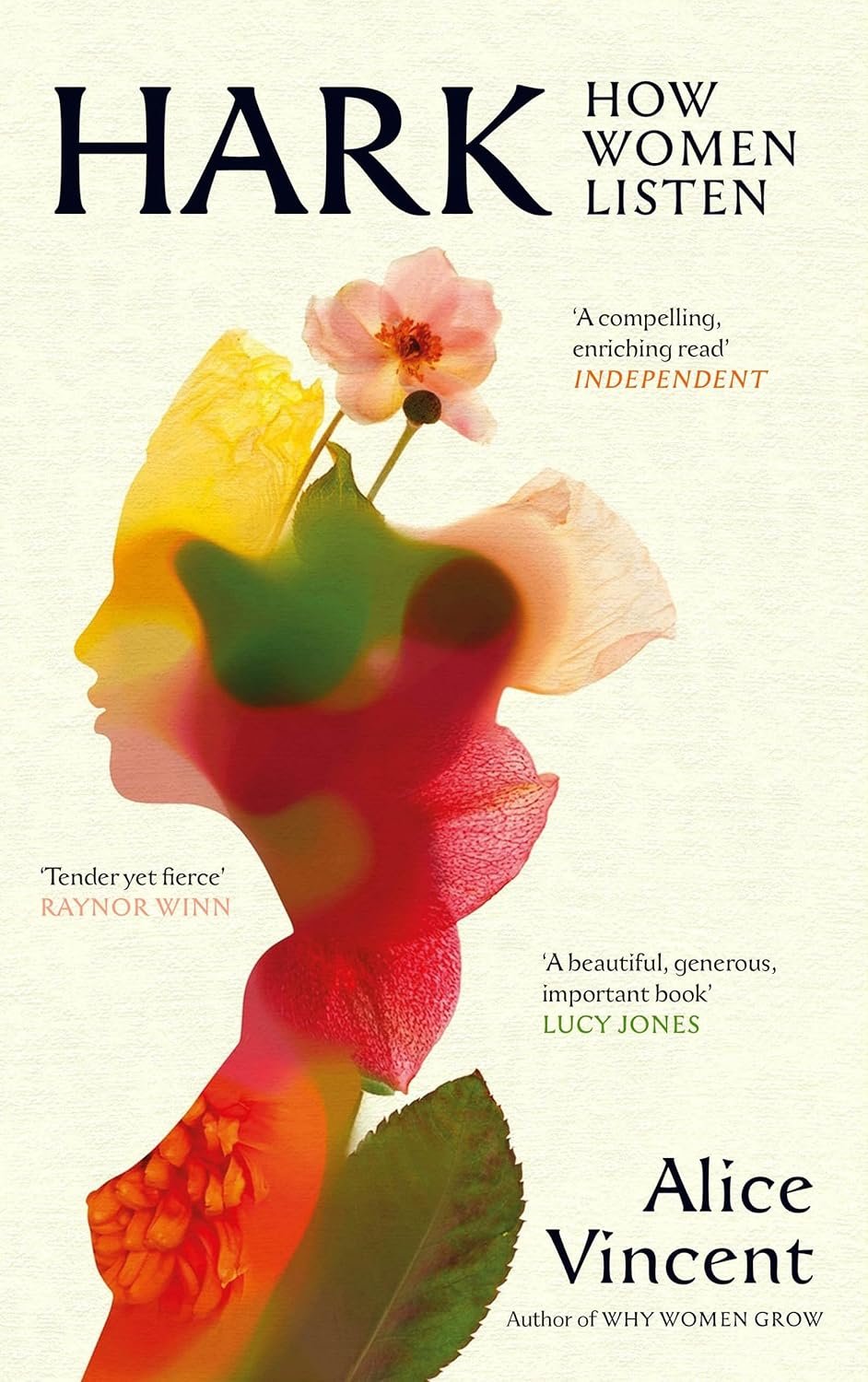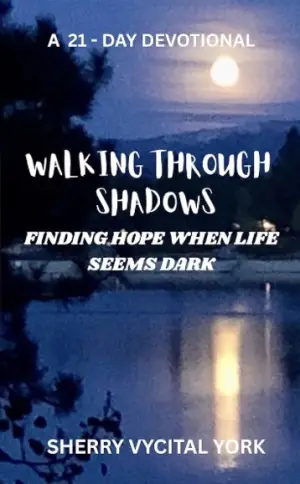Exploring the Sonic Landscape of Motherhood: A Review of Hark: How Women Listen by Alice Vincent
There’s something intriguing about how sound shapes our experiences, isn’t there? When Alice Vincent’s Hark: How Women Listen landed on my desk, I was immediately drawn in. Perhaps it was the promise of a memoir that delves into the intimate realities of early motherhood interwoven with an exploration of sound. As I navigate my own whirlwind of parenthood and identity, Vincent’s book felt like an invitation to consider how listening shifts in this new chapter of life—a journey I was curious to embark on.
In Hark, Vincent masterfully intertwines her personal experiences with rich journalistic explorations. The chapters on giving birth, navigating life with a newborn, and confronting a traumatic hospital experience are not just raw and emotional; they resonate deeply with the myriad feelings that accompany the transition to motherhood. The honesty with which she recounts her struggles with PTSD after trauma is both jarring and validating. It felt cathartic to experience these truths through her lens.
What truly sets this memoir apart is Vincent’s ability to connect her personal narrative to broader themes around sound and listening. Her investigations into misophonia and phantom crying provide not just academic insights but also relatable anxieties that many new parents will recognize. I found her visits to the Integratron and anechoic chamber especially compelling. Here, the author ventures beyond personal narrative into a quest for understanding the nuanced relationship between sound and identity. This exploration breathes life into the book; it’s not just about motherhood but also about how we perceive and interact with the world.
Vincent’s writing style is both reflective and vibrant. She has a way of making complex ideas accessible, marrying academic inquiry to a voice that feels intimate and conversational. I couldn’t help but highlight passages that struck a chord, especially when she muses on her relationship with music. “I used to feel music in my bones,” she writes, which instantly transported me back to the pivotal moments in my life connected by song. Her questioning of why this passion seemed to fade after becoming a mother is a sentiment I share, one that many readers might confront as they navigate their ever-evolving identities.
The pacing of the narrative flows beautifully, interspersing personal reflection with broader reflections that encourage deep contemplation. I appreciated how vividly she recounted those early days of motherhood, capturing both the tenderness and chaos in equal measure. It felt like she was holding up a mirror, allowing me to see parts of my own journey reflected back.
I wholeheartedly recommend Hark to anyone navigating motherhood, curiosity about sound, or the complexities of identity in a changing world. This memoir isn’t just a conversation about matrescence; it’s a heartfelt exploration of resilience, rediscovery, and the transformative power of listening—not only to our children but to our own evolving selves.
Reading Hark left me with a sense of warmth and understanding, as if I had just shared a cup of tea and a long talk with a friend who comprehends the intricacies of this imperfect, beautiful journey. Vincent’s exploration of motherhood and sound invites readers to not only listen but to hear—to reflect on our own experiences and perhaps find a bit of peace in the delightful chaos.
Discover more about Hark: How Women Listen on GoodReads >>







